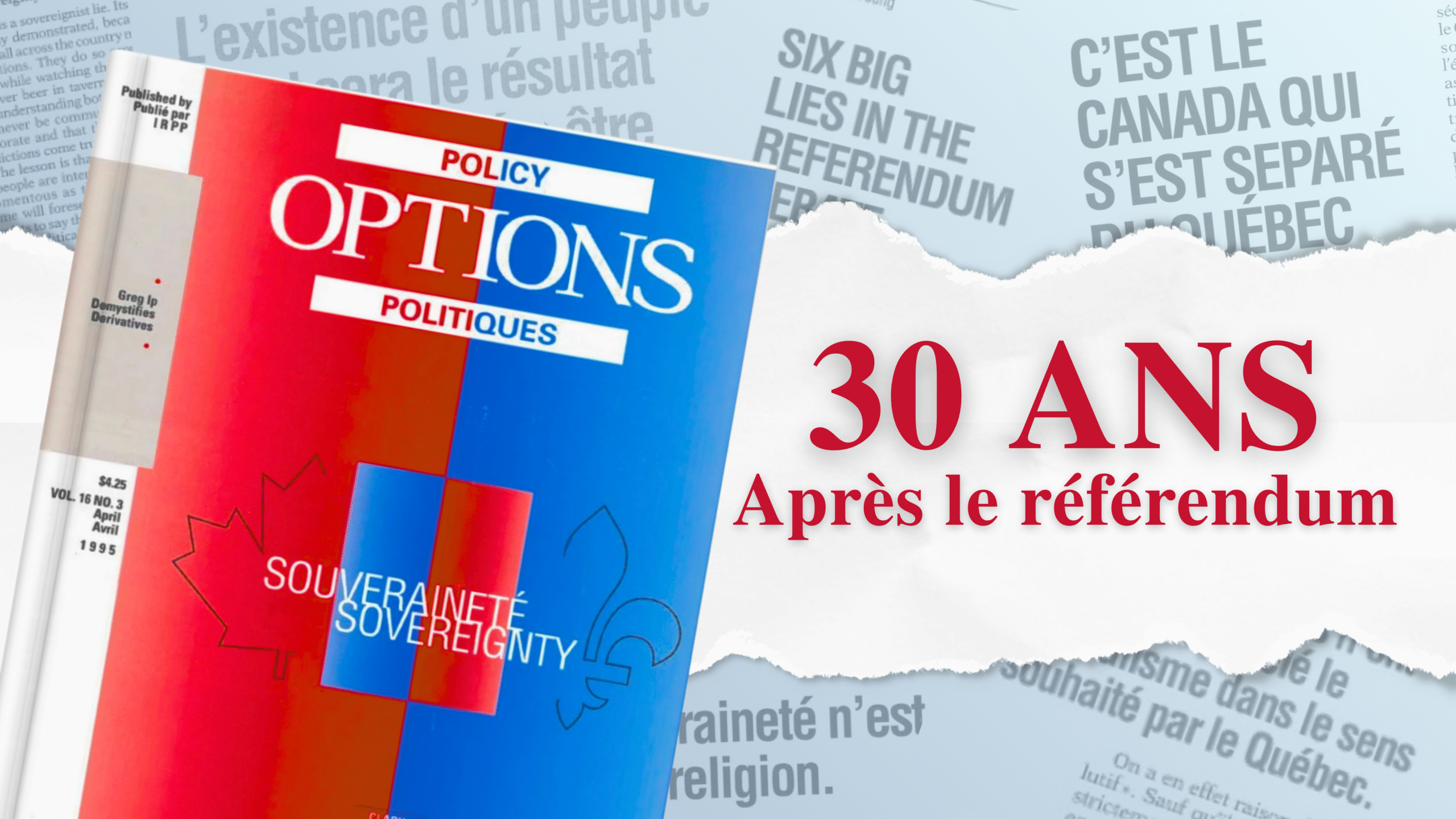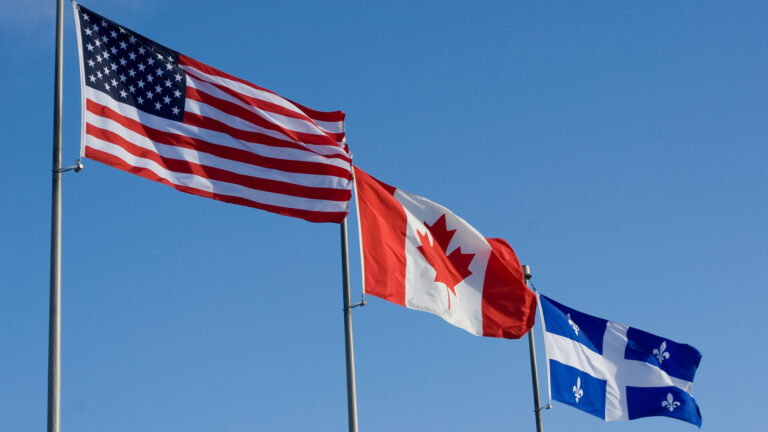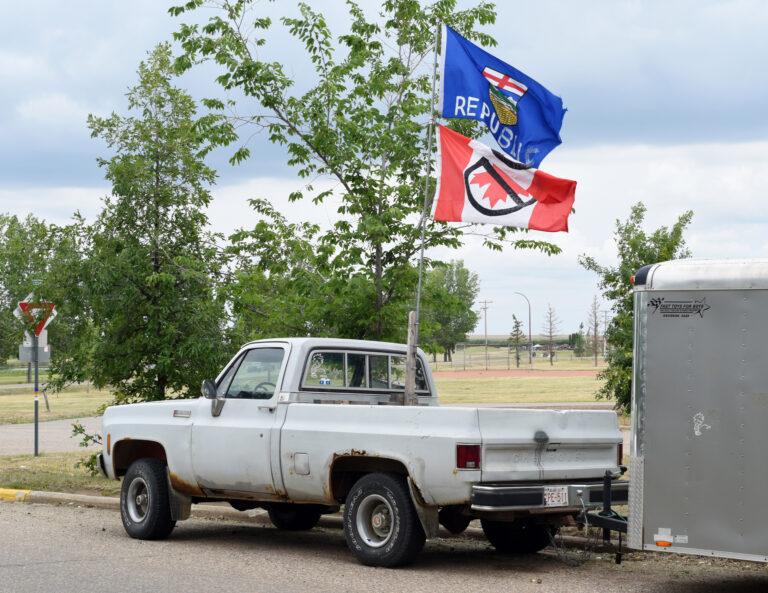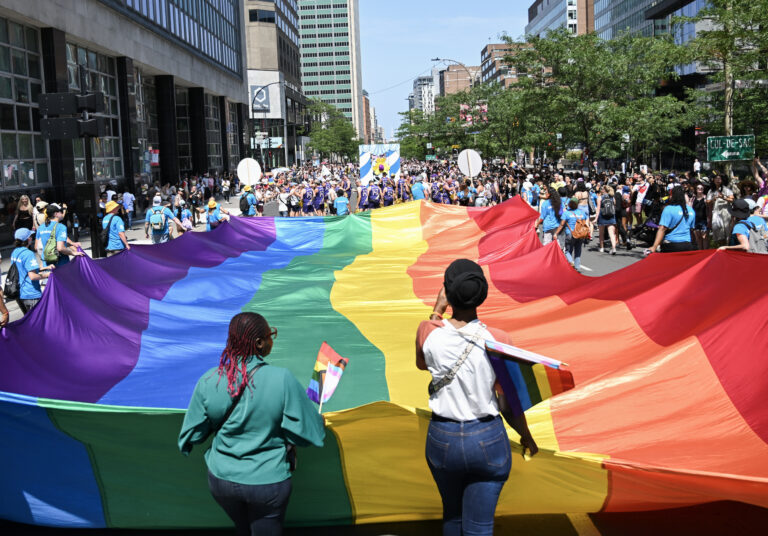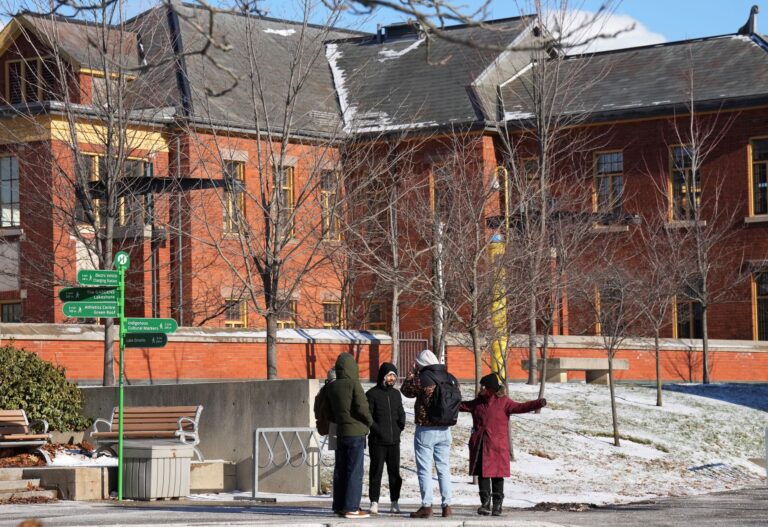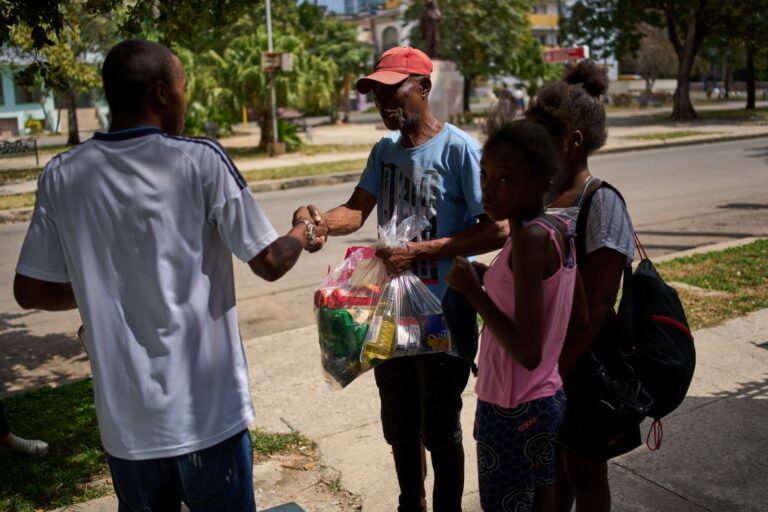Spring 1995. A few months before a historic referendum, Policy Options devoted a special issue to sovereignty. Quebec’s national question was the topic of every conversation.
Then, on October 30, as the country held its breath, the verdict was in: The “No” camp won by a slim majority. The country did not break apart, but it was shaken. Everything had to be rethought: the future of relations between Quebec and the rest of Canada, and that of the federation as a whole.
“There are no insurmountable differences in Canada,” former prime minister Joe Clark wrote in our pages. “After all, it’s not just Quebecers who find the status quo unacceptable.”
This statement still resonates thirty years later. It shows that the question of national unity is not an old debate that has been shelved. It has been transformed, fueled by new tensions and carried by more diverse voices than before.
Quebec is once again discussing sovereignty. Alberta is demanding greater autonomy. Relations with the United States are influencing debates on nationalism. And meanwhile, LGBTQ+ and Indigenous communities are also redefining what it means to belong to the federation.
In this series, Policy Options revisits the question of national unity, not to dwell on the past, but to understand how, thirty years after the referendum, the country continues to evolve.
